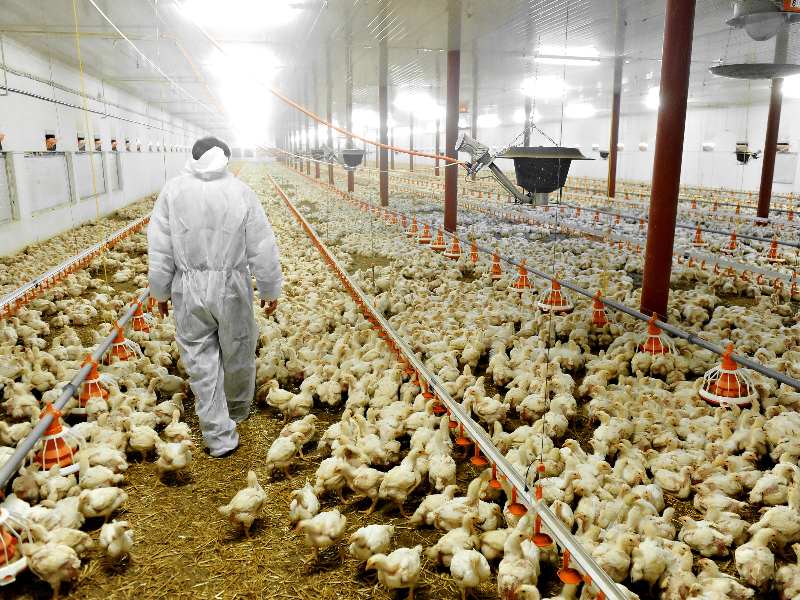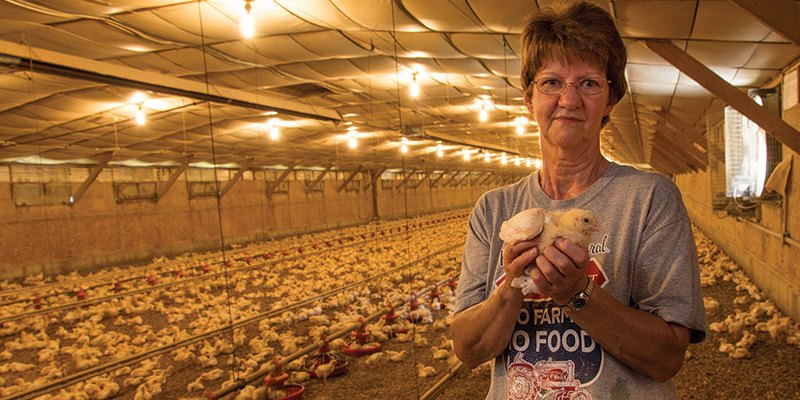
What is the profit of a chicken farm in Cameroon?
The chicken farming sector in Cameroon has emerged as a pivotal component of the country’s agricultural landscape. With a growing population and increasing demand for poultry products, many entrepreneurs are turning their attention to establishing chicken farms in Cameroon. However, understanding the profit of a chicken farm in Cameroon requires an exploration of various factors, including market dynamics, operational costs, and productivity.
The Market Demand for Poultry Products In Cameroon
As the urban population in Cameroon continues to rise, so does the demand for protein-rich food sources. Chicken is a staple in the diets of many Cameroonians, making the chicken farm in Cameroon a lucrative business opportunity. According to recent statistics, poultry consumption in Cameroon has been on the upswing, spurred by changing dietary preferences and economic growth.
Additionally, the burgeoning fast-food industry in urban areas has contributed significantly to this demand. For instance, fried chicken shops and restaurants have become increasingly popular, which adds to the overall market potential for chicken farming. The profit of a chicken farm in Cameroon is intrinsically linked to these market trends; hence, understanding consumer behavior is crucial for aspiring chicken farmers.
Factors Influencing Profitability of Chicken Farms In Cameroon
To accurately assess the profit of a chicken farm in Cameroon, several key factors must be considered:
1. Initial Investment and Operational Costs
Starting a chicken farm in Cameroon requires a substantial initial investment. This includes the cost of purchasing chicks, feed, housing, automated poultry cage equipment, and veterinary care. The scale of the operation—whether small-scale or commercial—will dictate the extent of these costs. Generally, larger farms benefit from economies of scale, reducing the per-unit cost of production.
Operational costs also play a significant role in determining profitability. Feed is typically the largest ongoing expense for chicken farmers, accounting for up to 70% of total costs. Therefore, effective management of feed procurement and usage can significantly impact the profit of a chicken farm in Cameroon.
2. Disease Management and Biosecurity
Another critical factor influencing the profitability of chicken farms is disease management. Chickens are susceptible to various diseases that can lead to high mortality rates and decreased productivity. Implementing strict biosecurity measures can mitigate these risks, but it may also require additional investment.
Farmers who invest in vaccinations and other preventative measures are likely to see better returns over time. Ensuring a healthy flock directly correlates with the profit of a chicken farm in Cameroon, as healthier chickens yield more meat and eggs while incurring lower veterinary costs.
3. Marketing and Distribution
Finally, the marketing and distribution strategies employed by chicken farmers can dramatically affect their profitability. Establishing strong relationships with suppliers, retailers, and consumers is vital for ensuring consistent sales. Farmers who can effectively market their products, whether through local markets, supermarkets, or direct-to-consumer sales, tend to enjoy higher profits.
Utilizing social media and online platforms can also enhance visibility and reach a broader customer base. In today’s digital age, having an online presence can significantly improve the profit of a chicken farm in Cameroon by attracting urban consumers who prefer convenient shopping options.
Maximizing Profit Through Best Practices
To achieve the best possible outcomes, chicken farmers in Cameroon should adopt certain best practices that can help maximize their profits.
Sustainable Farming Techniques
Incorporating sustainable farming techniques can lead to cost savings and increased productivity. These practices include rotational grazing, organic feed sourcing, and poultry manure removal systems. Not only do these methods reduce costs, but they also appeal to environmentally-conscious consumers.
Training and Education
Investing in training and education is another pathway to improving the profitability of chicken farms. Farmers who stay informed about the latest advancements in poultry farming, including nutrition, breeding, and disease control, are better equipped to make informed decisions. Workshops, seminars, and online courses can provide valuable knowledge that translates into increased efficiency and profitability.
Collaborations and Cooperatives
Forming cooperatives or collaborating with other farmers can also enhance profitability. By pooling resources, farmers can reduce costs related to buying feed, equipment, or even veterinary services. Cooperative efforts can lead to better bargaining power with suppliers and access to larger markets, ultimately boosting the profit of a chicken farm in Cameroon.
Conclusion
The chicken farming industry in Cameroon presents numerous opportunities for profit. However, success is not guaranteed; it demands careful planning, strategic decision-making, and an awareness of market dynamics. As proven, the profit of a chicken farm in Cameroon hinges on factors such as operational costs, disease management, marketing strategies, and the adoption of best practices.
By focusing on sustainability, education, and collaboration, chicken farmers can navigate the challenges of the industry and maximize their profits. Ultimately, those who are willing to adapt and innovate will find themselves well-positioned to reap the benefits of this thriving sector.

